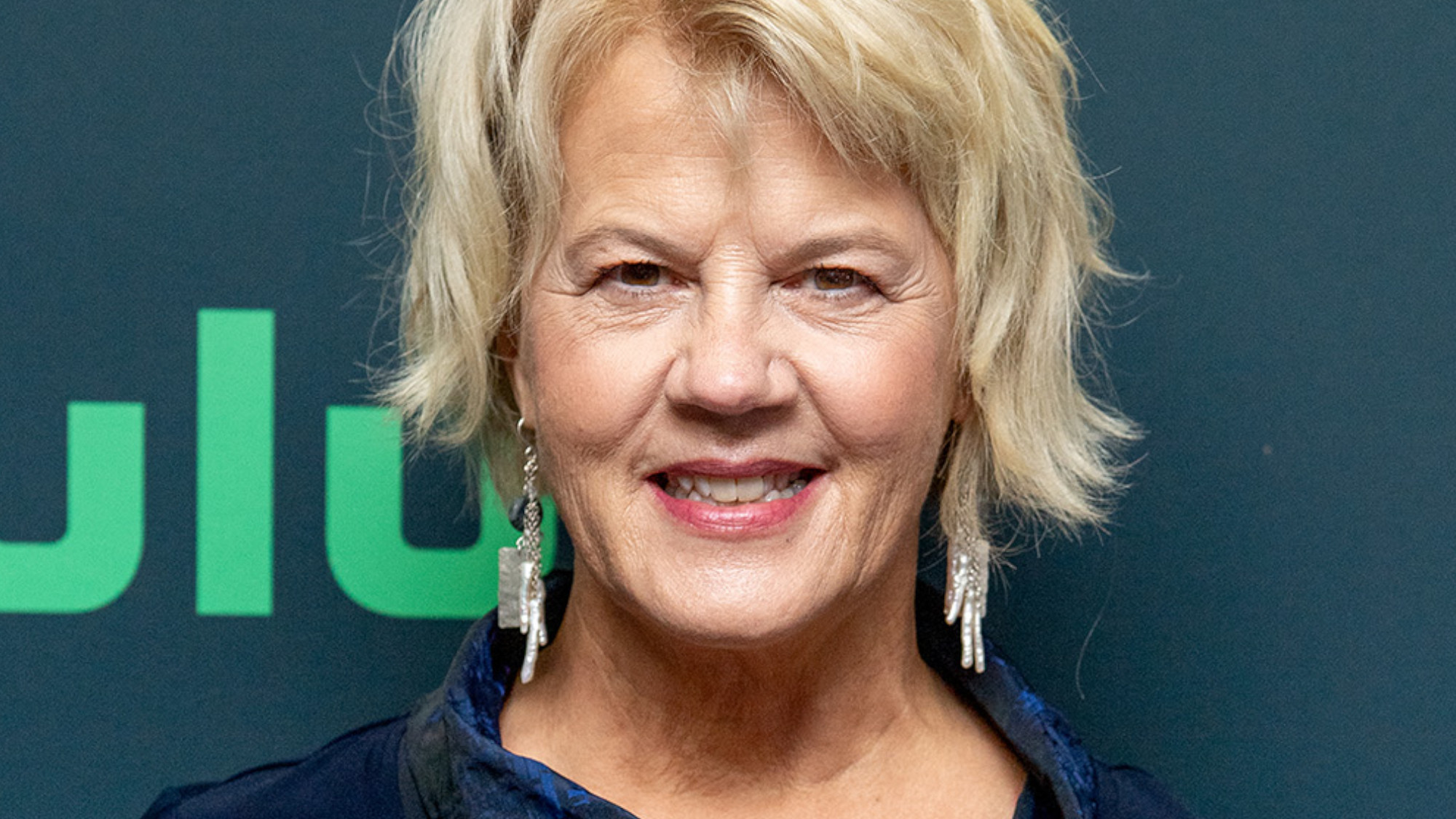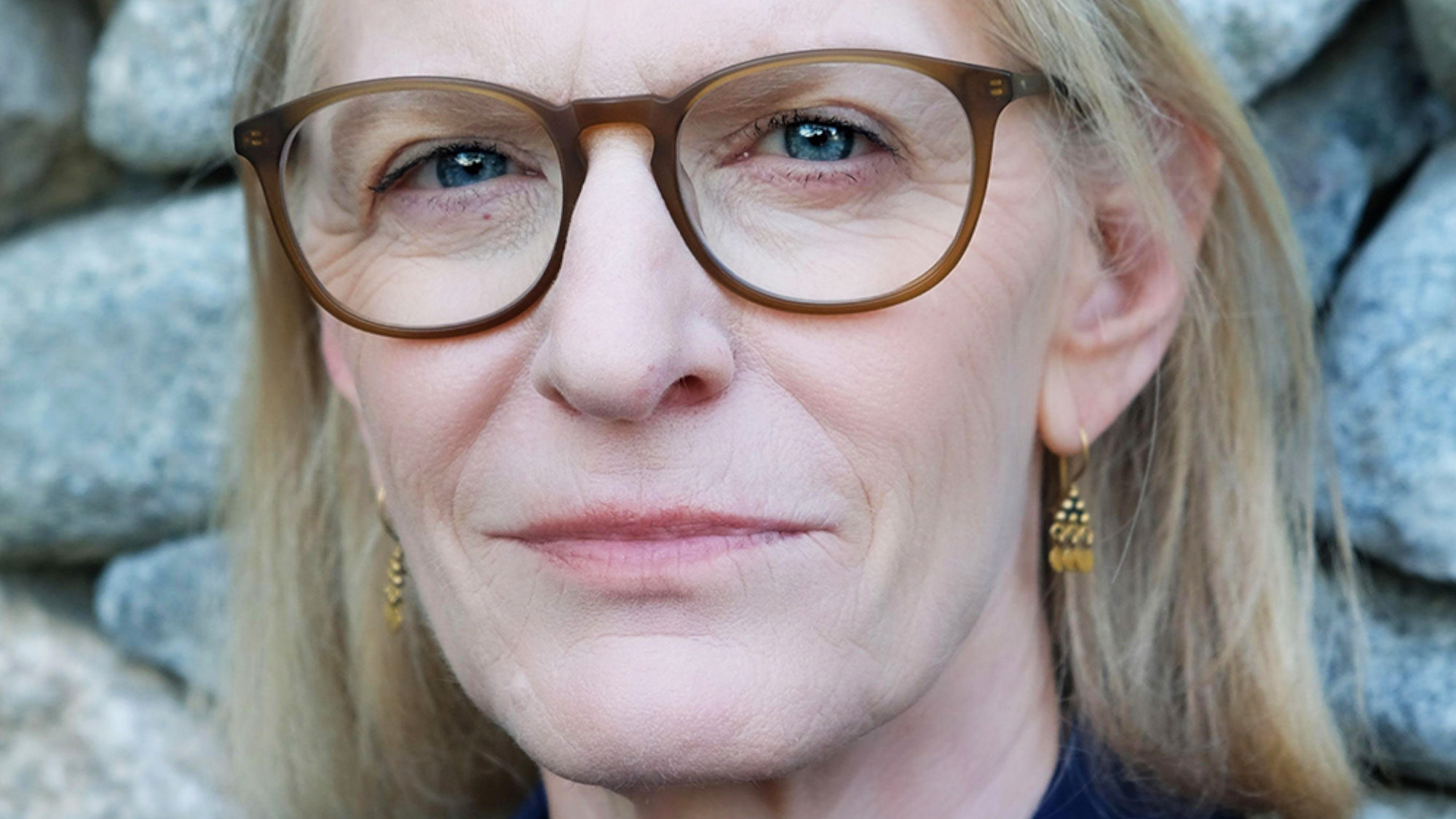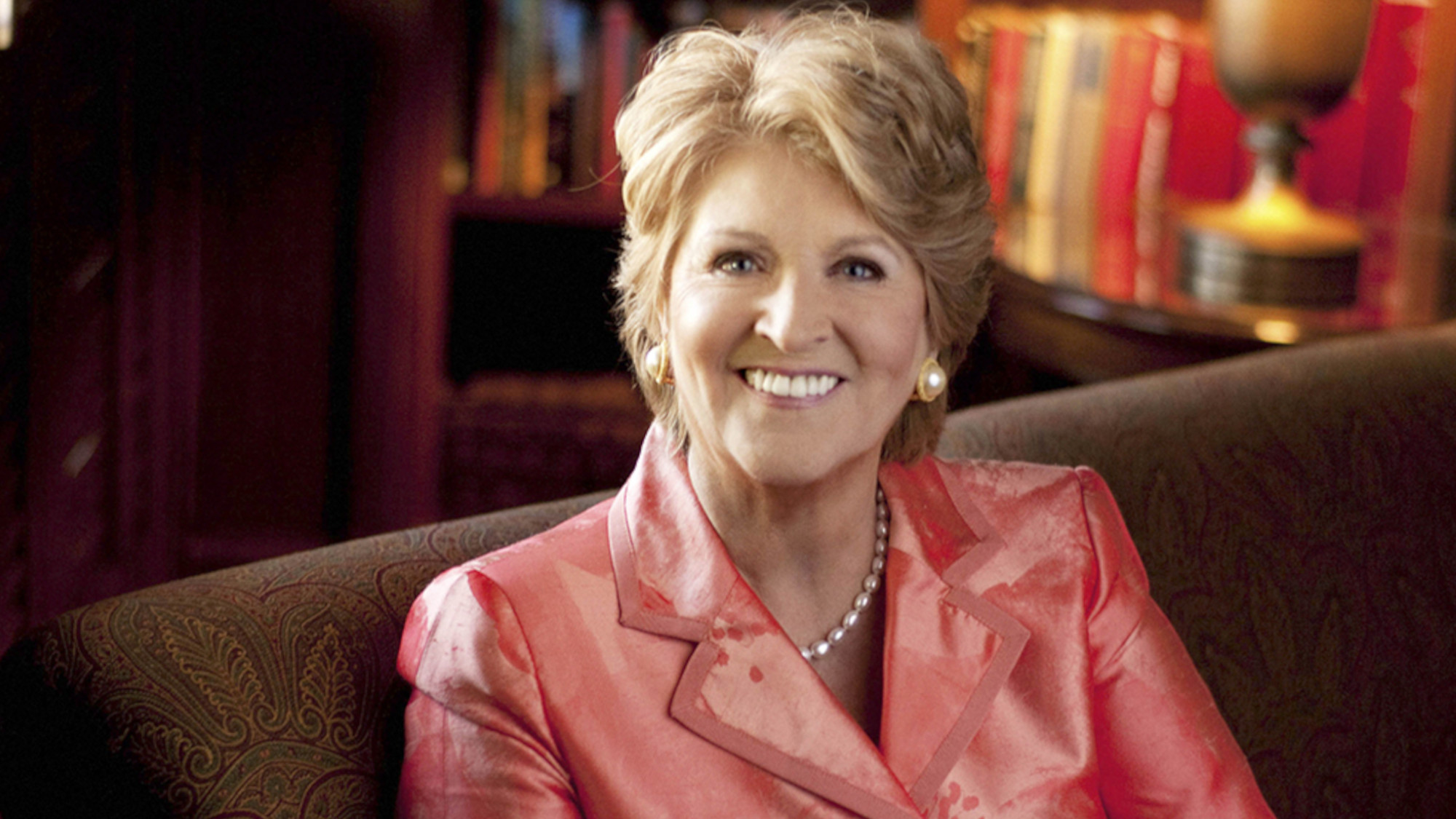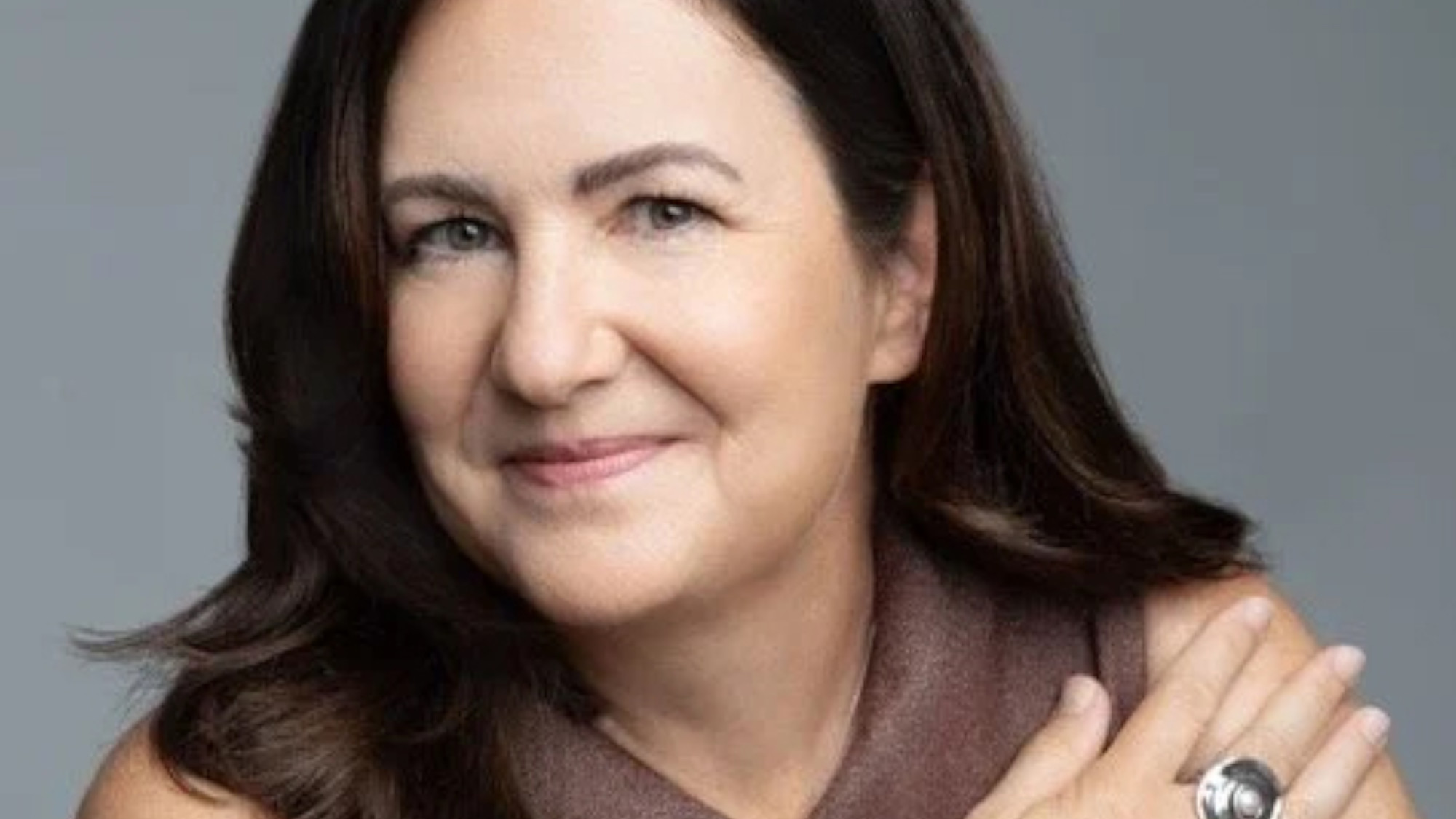Edward Teller
A free daily email with the biggest news stories of the day – and the best features from TheWeek.com
You are now subscribed
Your newsletter sign-up was successful
Dr. Edward Teller, a theoretical physicist who was central to the development of the hydrogen bomb, is the author of Memoirs: A Twentieth Century Journey in Science and Politics (Perseus Books, $35). Here he selects his six favorite books.
Faust by Johann Wolfgang Von Goethe (W. W. Norton & Company, $21). The play begins with God and the Devil having a conference; God leaves, and the scene closes with the Devil talking to himself: “From time to time I’m happy to see the old guy. I’m careful to see we don’t quarrel. It is wonderful for such a great authority to speak so humanely with me, the Devil.” The play closes with these words from God: “The one who always tries his best, him we can save.”
Darkness at Noon by Arthur Koestler (Bantam Books, $7). This book had a great effect on me at a critical time in my life. Koestler’s account of the Moscow trials of the late 1930s balances the accusations and the answering defense in so even-handed a manner that until the final pages, Koestler’s position is uncertain. In the end, this book crystallizes the objections to the methods of control used by Russian communism.
The Week
Escape your echo chamber. Get the facts behind the news, plus analysis from multiple perspectives.

Sign up for The Week's Free Newsletters
From our morning news briefing to a weekly Good News Newsletter, get the best of The Week delivered directly to your inbox.
From our morning news briefing to a weekly Good News Newsletter, get the best of The Week delivered directly to your inbox.
Anthony and Cleopatra by William Shakespeare (Oxford University Press, $7). I deeply enjoy Shakespeare’s plays, especially his historical plays, which insightfully describe human motives and foibles and their central place in political history. This one involves romance, betrayal, misjudgment, and a choice between death and dishonor.
The Rising Sun: The Decline and Fall of the Japanese Empire, 1936-1945 by John Toland (out of print). This book enables European and American readers to grasp their cultural differences from pre-World War II Japan. Toland reports the developments between 1940 and 1946 in wonderful detail-for example, the role of General Anami, who ended the Palace Coup and enabled the Emperor to plead for surrender, then felt honor-bound to take his own life.
Around the World in Eighty Days: The Extraordinary Journeys by Jules Verne (Oxford University Press, $10). I have enjoyed this book since my childhood. Phileas Fogg, a British traveler and bettor, and his French assistant Passepartout discover when their 80-day time limit seems to be lost by an hour that Passepartout, like a good Frenchman, has never adjusted his watch, so in fact the bet is won by a day.
The Man Who Could Work Miracles by H.G. Welles (McFarland & Company, updated edition not yet released). A skeptic discovers he can work miracles, and commands the earth to stand still. This is a catastrophe, because he fails to command the atmosphere to stand still too, so everything blows away in the resulting storm. The story ends happily when the skeptic performs his greatest miracle: He undoes his recent past, and loses his talent forever.
A free daily email with the biggest news stories of the day – and the best features from TheWeek.com
-
 The world’s most romantic hotels
The world’s most romantic hotelsThe Week Recommends Treetop hideaways, secluded villas and a woodland cabin – perfect settings for Valentine’s Day
-
 Democrats push for ICE accountability
Democrats push for ICE accountabilityFeature U.S. citizens shot and violently detained by immigration agents testify at Capitol Hill hearing
-
 The price of sporting glory
The price of sporting gloryFeature The Milan-Cortina Winter Olympics kicked off this week. Will Italy regret playing host?
-
 Beth Macy’s 6 favorite books about living in a divided nation
Beth Macy’s 6 favorite books about living in a divided nationFeature The journalist recommends works by Nicholas Buccola, Matthew Desmond, and more
-
 Gilbert King’s 6 favorite books about the search for justice
Gilbert King’s 6 favorite books about the search for justiceFeature The journalist recommends works by Bryan Stevenson, David Grann, and more
-
 Nathan Harris’ 6 favorite books that turn adventures into revelations
Nathan Harris’ 6 favorite books that turn adventures into revelationsFeature The author recommends works by Kazuo Ishiguro, Ian McGuire, and more
-
 Marisa Silver’s 6 favorite books that capture a lifetime
Marisa Silver’s 6 favorite books that capture a lifetimeFeature The author recommends works by John Williams, Ian McEwan, and more
-
 Lou Berney’s 6 favorite books with powerful storytelling
Lou Berney’s 6 favorite books with powerful storytellingFeature The award-winning author recommends works by Dorothy B. Hughes, James McBride, and more
-
 Elizabeth Gilbert’s favorite books about women overcoming difficulties
Elizabeth Gilbert’s favorite books about women overcoming difficultiesFeature The author recommends works by Tove Jansson, Lauren Groff, and more
-
 Fannie Flagg’s 6 favorite books that sparked her imagination
Fannie Flagg’s 6 favorite books that sparked her imaginationFeature The author recommends works by Johanna Spyri, John Steinbeck, and more
-
 Jessica Francis Kane's 6 favorite books that prove less is more
Jessica Francis Kane's 6 favorite books that prove less is moreFeature The author recommends works by Penelope Fitzgerald, Marie-Helene Bertino, and more